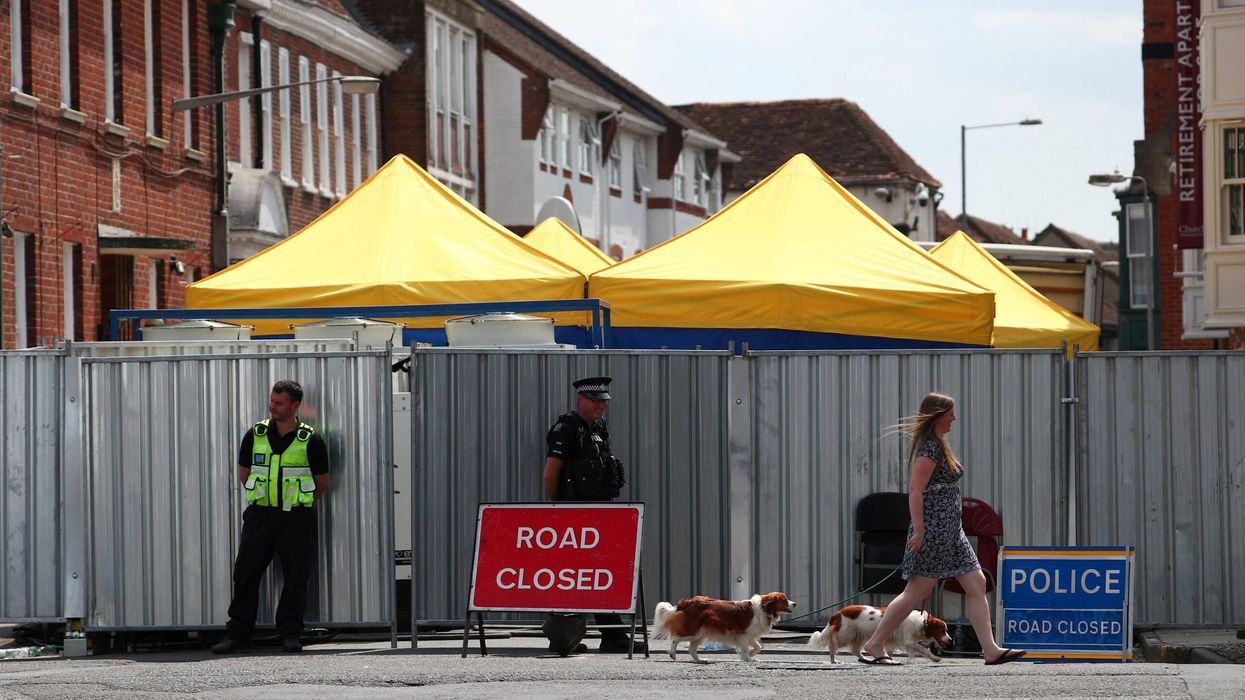PUBLIC hearings began on Monday as part of an inquiry into the 2018 death of a woman who was exposed to the nerve agent Novichok.
The nerve agent had been used in an attempt to assassinate a Russian double agent, a case that significantly worsened relations between London and the Kremlin.
The target of the attack was former double agent Sergei Skripal, who was living in Salisbury, southwest England. Skripal and his daughter, Yulia, were found unconscious on a park bench in March 2018. After intensive hospital treatment, both survived and now live under protection.
Dawn Sturgess, a 44-year-old mother of three, died in July 2018 after she sprayed herself with what she thought was perfume. The bottle, which had been discarded in a park, contained Novichok. Authorities believe the agents who targeted the Skripals had disposed of the bottle.
The UK blames two Russian security service officers for the attack. These officers allegedly entered the country using false passports, and a third person has been identified as the mastermind behind the operation. All three are suspected to be members of Russia's GRU intelligence agency.
The inquiry into Sturgess’s death comes as tensions between Russia and the West remain high, especially after Russia’s 2022 invasion of Ukraine. The first week of public hearings is taking place in Salisbury Guildhall and will later move to the International Dispute Resolution Centre in London.
Despite the international arrest warrants issued for the suspects, former prime minister Theresa May, who was in office during the attack, said justice is unlikely. "I would hope by the end of it the family and friends of Dawn Sturgess feel it has got to the truth," she told the BBC. However, "closure to all the people affected would only finally come with justice, and that justice is highly unlikely to happen," she added.
Russia has denied any involvement, calling the inquiry a "circus," and its constitution prohibits the extradition of its citizens.
The Salisbury incident led to the largest-ever expulsion of diplomats between Western nations and Russia, as well as sanctions. Those sanctions have since been surpassed by the measures taken against Russia following the 2022 invasion of Ukraine.
Wiltshire Police chief constable Catherine Roper highlighted the importance of the inquiry, stating it aims to provide Sturgess’s family, friends, and the community with as much information as possible about her death. Roper acknowledged that the hearings may bring back painful memories for those who lived through the events in Salisbury and Amesbury in 2018.
(With inputs from AFP)




